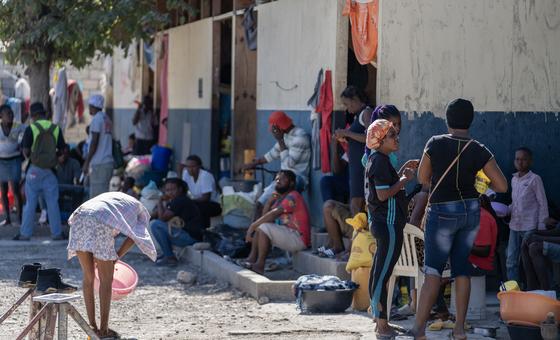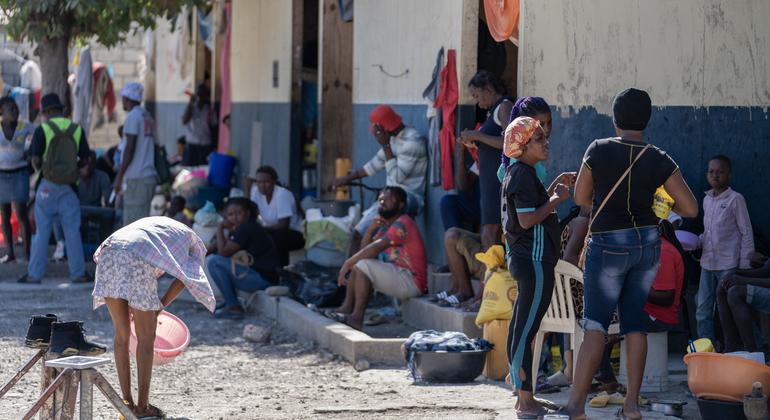
Martin Griffiths was speaking at a review of humanitarian efforts to help people uprooted by conflict, climate change or other emergencies.
He echoed concerns that help for the world’s internally displaced isn’t being delivered quickly enough by the United Nations and its partners, as escalating conflicts, large-scale disasters, water scarcity and food insecurity continue to fuel the number of people uprooted within their own countries.
“We need to use the access to communities in partnership with development partners and those who could think of solutions including mediation (and) the political community in that country, to see what those people can tell us of what they want”, said the Humanitarian Affairs chief.
“We should do it together because they will not distinguish between us.”
Humanitarians insist that reforms are needed to help internally displaced people because they suffer the worst health outcomes and the highest mortality rate of any other population group in emergencies.
Falling short
But these changes are not happening quickly enough, according to a new report from UN agency heads and partners known collectively as the Inter-Agency Standing Committee, or IASC.
It underlined that displaced people are the responsibility of affected countries, but when governments are “unable or unwilling” to offer solutions, humanitarians should step in.
But today’s efforts are “too slow to respond” to vulnerable people’s needs and too slow to help them rebuild their lives, the IASC warned, as it highlighted estimates that climate change could push more than 200 million people into displacement by 2050.
Too often the humanitarian system at large overlooks the specific needs of IDPs and “focused more on internal processes than meaningfully engaging the people it aims to help”, said the executive summary of the report, published last week.



